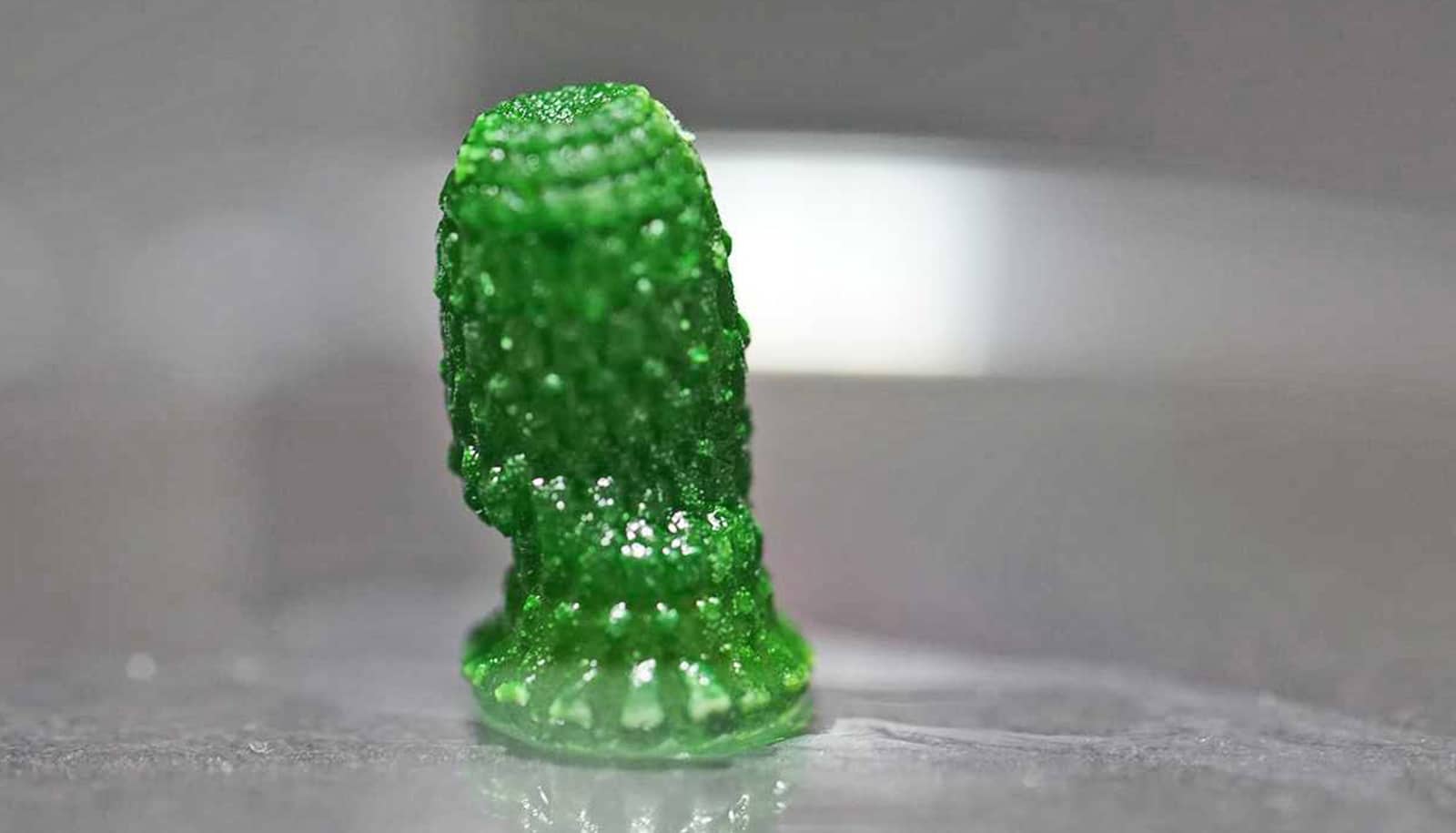When researchers applied a common topical antibiotic to mice before or shortly after infection with herpes and other viruses, they found that the antibiotic triggered an antiviral resistance in the animals.
As reported in Nature Microbiology, the antibiotic neomycin decreased the herpes virus and its symptoms.
Researchers studied gene expression in the treated mice and observed greater expression of genes that are stimulated by interferons—proteins that block viral replication.
The neomycin triggered a receptor in the mouse immune cells that responded to the antibiotic as if it was a viral infection.
There was a similar antiviral effect in mice infected with the flu and Zika viruses, says primary author Smita Gopinath.
While the findings are notable, the researchers say, the team is not promoting the use of topical antibiotics to treat viral infections in people. They say, however, their study deepens understanding of the antiviral effect of an antibiotic, and could lead to the development of better antiviral medications.
Coat implants with zinc oxide for fewer infections
Further, the findings could lead to the development of better antiviral medications, researchers say.
Immunobiologist Akiko Iwasaki is lead author of the paper. The National Institutes of Health funded the research.
Source: Yale University



